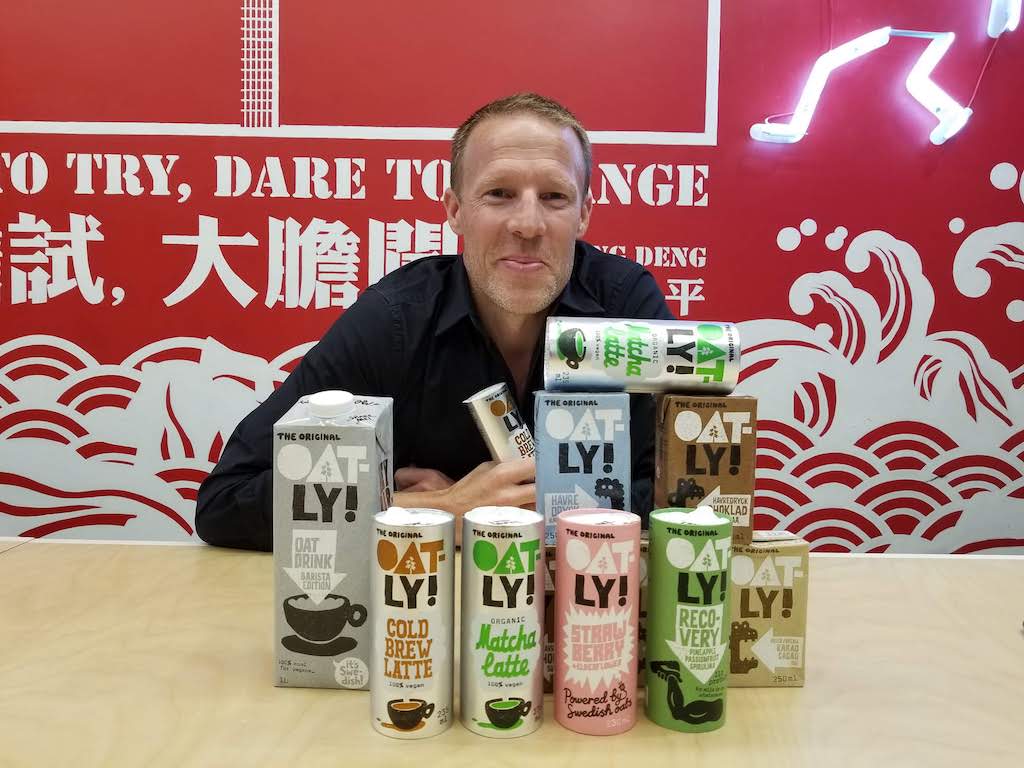INTERVIEW: Chief Strategy Officer Tobias Nordstrom “Our Food System Is Broken & Oatly Was Founded To Solve For That”
4 Mins Read
In honour of the brand’s Asian expansion, we talk to Oatly Chief Strategy Officer Tobias Nordstrom about how the company started, why oats and why Hong Kong.
Oatly was founded in the 1990s. Did the founding team foresee the rise of veganism?
TN: No they foresaw the broken food system rather. Back in their university days, the founders were trying to convert oats into a drinkable format. They knew that 800 million people in the world were starving. They knew the food industry was a broken system- too much land and too many resources were being used to create food. They wanted to find a nutritious crop that grows everywhere and make it accessible to everyone. Oatly was born to address this.
Why oats of all ingredients?
Why did Oatly decide to launch in Hong Kong of all markets?
There’s a mass awakening about plant-based diets globally. Why do you think that is?
Any upcoming product news you can share?
What makes Oatly products sustainable?
- 80% fewer greenhouse gases
- 79% less land
- 60% less energy
Editor’s Note: As told to Green Queen founder Sonalie Figueiras. This interview has been condensed and edited.
Lead image courtesy of Green Queen.





